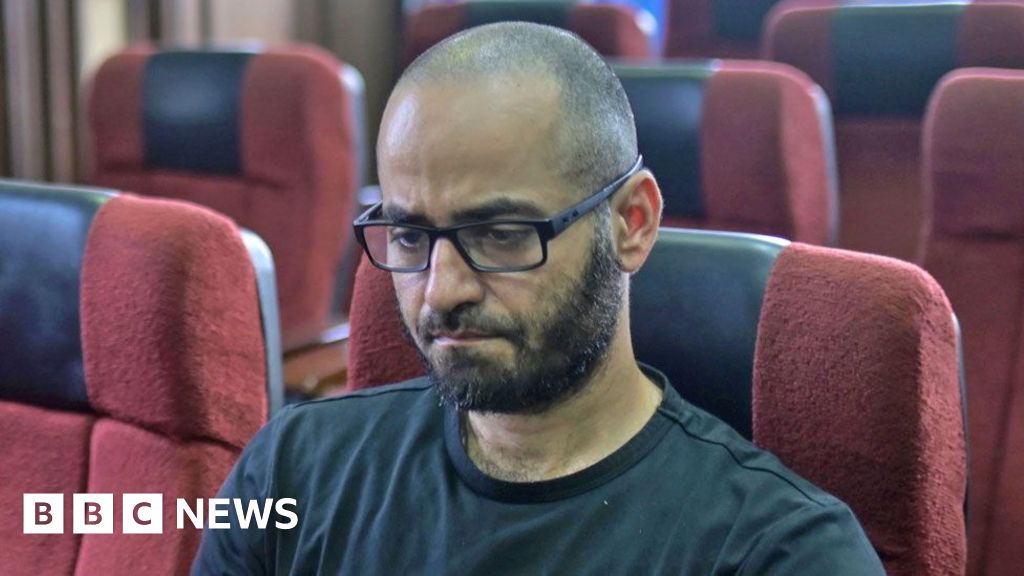Place your adverts here on InfoDig @ low rates; banner ads, sponsored links and guest articles etc. Contact us
Kinshasa– Sophie Lipanda, a disease prevention and control veteran in Kinshasa, has dedicated over 10 years working in risk communication and community engagement (RCCE). When the mpox outbreak hit the Democratic Republic of the Congo earlier this year, she immediately joined efforts to inform and protect her community.
Sophie knows the importance of raising public awareness for public health response. She spends her days sharing accurate information about the disease through home visits, group discussions and public awareness campaigns. She is one of 45 facilitators responsible for overseeing 35 health zones in Kinshasa. Through her leadership, more than 2000 community health mobilizers have been trained, resulting in an average of four community health mobilizers working in each health zone.
“I learnt that to be a good community worker, one must learn to listen and respond to the concerns of the community and be ready to adapt. Training by World Health Organization (WHO) has enabled me to deepen my knowledge and improve my working method within the community,” says Sophie.
Community engagement is a crucial component of the mpox response that includes disease surveillance, infection prevention and control, and case management. WHO has trained community health workers to equip them with the skills to effectively support the outbreak response measures.
“People now come to me more easily. A measure of trust has been established, and when I share a message, they believe it,” she says, pointing out that in her area of work alone voluntary reports from the community have increased from 14 to 80 per week. “During our discussions, I share with them the real facts about the disease, and I am always ready to answer their numerous questions and concerns about the disease to help calm their fears.”
For Pierrette Mubadi Ngankey, public information officer at the Public Health Emergency Operations Centre, communities need reliable and trustworthy information to make informed choices that will enable them to adopt healthier behaviours. “If we want to end this outbreak, we must increase awareness by demanding unwavering commitment from stakeholders at all levels,” she says.
With WHO’s support, interventions have been rolled out across six provinces: North Kivu, South Kivu, Mai-Ndombe, Tshopo, Kasai, Ituri and Equateur. Community workers have been actively visiting public places such as markets, schools, places of worship to engage with people. WHO has also provided technical support for the development of 24000 communication materials, including posters, banners, and leaflets in four languages distributed to strategic locations in the provinces, including entry points.
Sophie has helped raise awareness among several hundred community members since the mpox outbreak began, visiting an average of 74 households per week, reaching nearly 500 people weekly. She has also trained about 60 community mobilizers, with 10 in each health area. One of the trainees, Bola Mputu, 54 years old, who live in the Masiala health zone shares.
"Before talking with Sophie, we believed everything we heard. Some thought the disease did not exist, while others also said that they were simply cases of chickenpox or measles, and that all the announcements made about the disease were just to make money. By sharing the real information, our communities now makes informed decisions about their health and their lives, without fear or misinformation."
While previous mpox outbreaks have occurred in the Democratic Republic of the Congo, the ongoing one, declared a public health emergency of international concern on 14 August 2024, has unique challenges. It has spread to 12 provinces that had never reported cases before, and sexual contact, which was not seen in earlier outbreaks, is now contributing to the spread. Additionally, unusual symptom, such as genital or anal lesions, have been observed in some patients, making diagnosis and treatment more difficult and potentially delaying appropriate management.
“These factors have caused the epidemic to spread quickly, making the health response more challenging. Therefore, we must strive to support the authorities to initiate dialogue with communities, by focusing also on high-risk areas such as internally displaced people’s camps, mining areas and brothels,” explains Katson Katya Maliro, focal point for RCCE with WHO in the Democratic Republic of the Congo.
“If the disease spreads, then we're all at risk of getting sick, so we must always raise awareness and support as much as we can. This work allows me to be closer to my community, to understand their needs and to serve them,” says Sophie.















 English (US) ·
English (US) ·